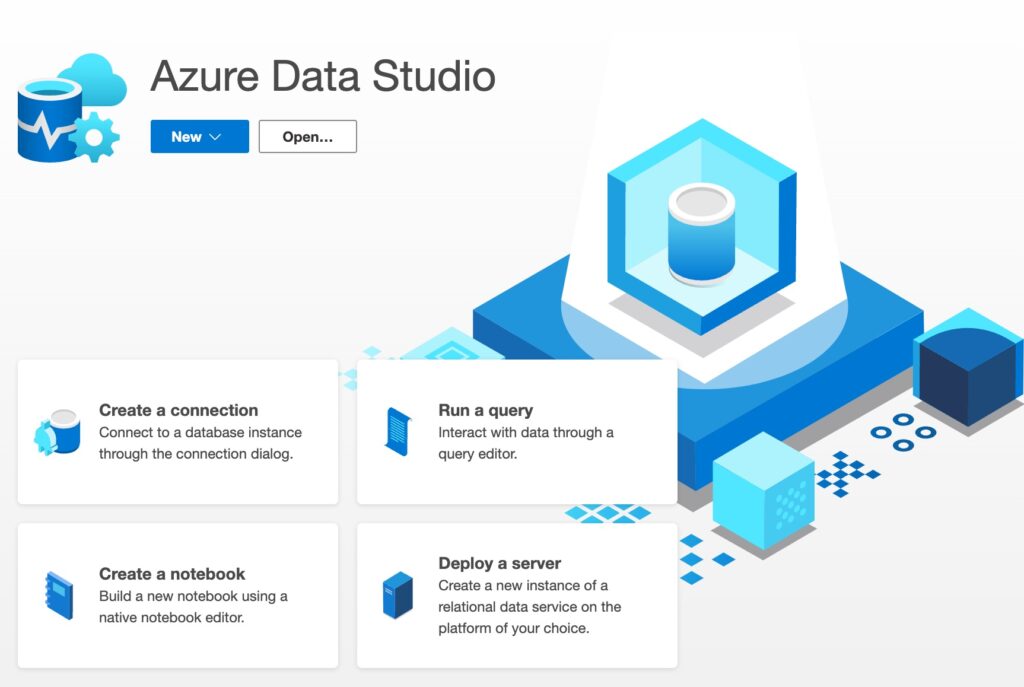
Microsoft will withdraw Azure Data Studio (ADS), its cross-platform utility for administration of SQL Server and other database managers, with immediate effect, though ADS will be supported until February 28th2026. The replacement is the Microsoft SQL Server extension for Visual Studio Code (VS Code), though developers have complained about missing features.
Senior product manager Carlos Robbes gave few clues about the rationale for the decision, saying only that Microsoft intends “simplifying SQL development by consolidating efforts on VS Code with the MSSQL extension.”
We note though that the official table of recommended alternatives for SQL Server capabilities in ADS shows that developers will need to use the Windows-only SQL Server Management Studio (SSMS) for some key functions, including managing SQL Server Agent jobs, SQL profiling, and some database administration tasks. Some other features, including comparing database schemas and bulk insert, are “in development” for the VS Code extension. Migration tools for SQL Server to Azure SQL will be in a future update to the Azure portal.

This does not sound like a simplification, and in practice the easiest option for advanced work with SQL Server may now mean running SSMS on Windows.
The existing Microsoft SQL Server extension for VS Code is not highly rated though it has more than 7.4 million installs, according to marketplace stats. A developer raised an issue on the GitHub repository for the extension, saying that being pushed to SSMS for working with SQL Server Agent “makes macOS and Linux users sad” and requested support in VS Code.
ADS is based on VS Code but dedicated to database administration. It was first previewed in 2017 as SQL Operations Studio, more or less coinciding with the release of SQL Server for Linux, previously Windows-only. At the time, the SQL Server team noted that many SQL Server users “also use Macs as their clients.” ADS was not only for SQL Server, but via extensions also supported MySQL and PostgreSQL, as well as Microsoft’s Azure Cosmos DB.
Replacing ADS with a less capable extension for VS Code, and directing developers towards SSMS for key features, will not help Microsoft promote SQL Server to non-Windows developers or database administrators. There is sense in investing in a single cross-platform solution rather than having both an extension for VS Code, and a separate product based on VS Code, but only if the features of that extension can be brought close to feature-parity, which currently seems unlikely.
